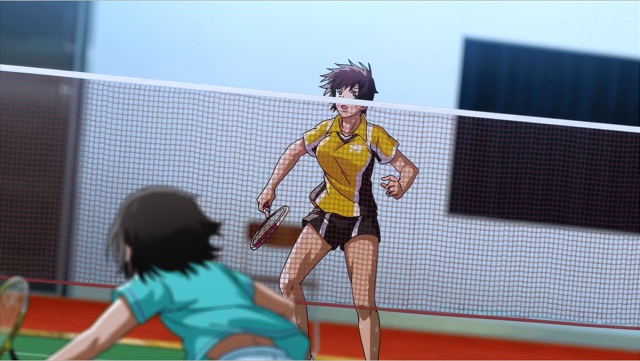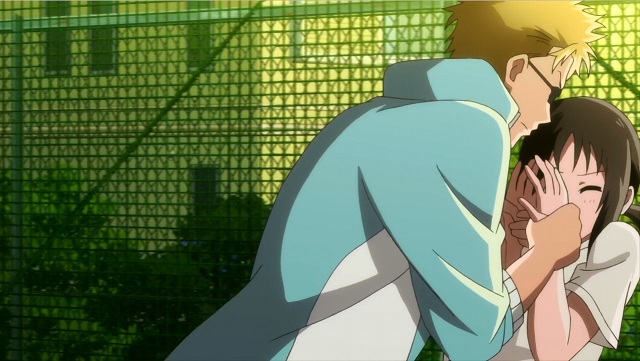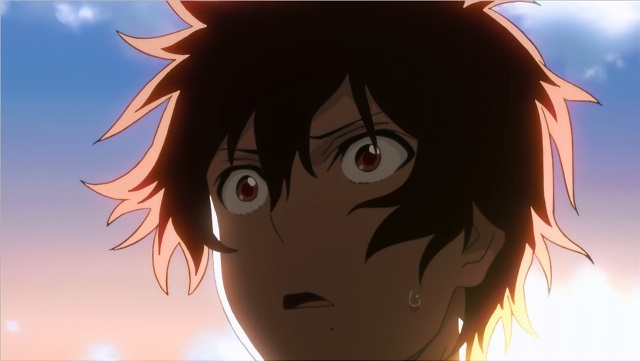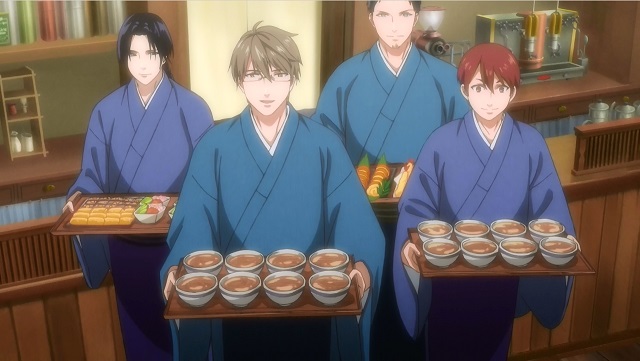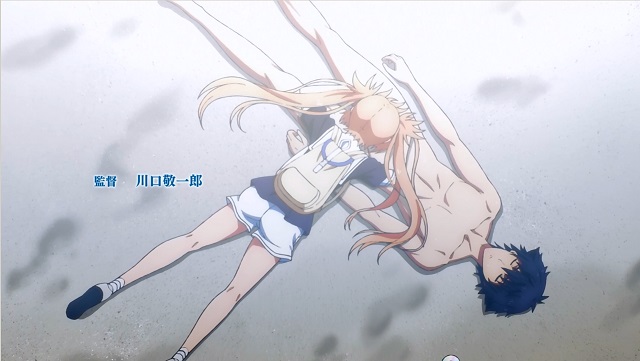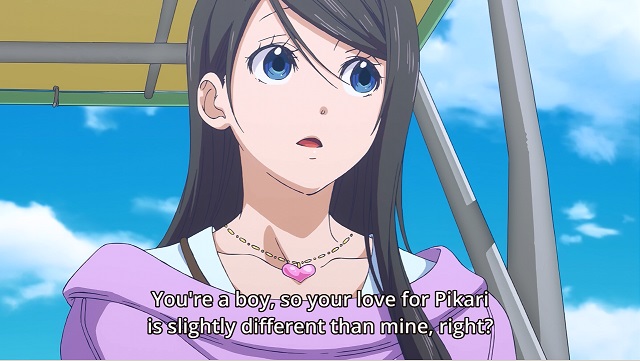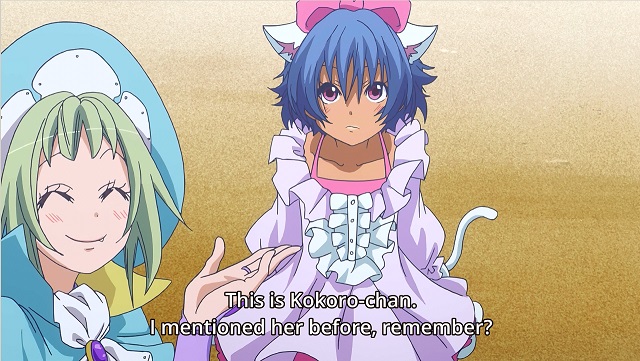James Morgan, in a comment to my first post on Legend of the Galactic Heroes puts it bluntly:
Unfortunately, Legend of the Galactic Heroes is also inherently, legitimately fascist in it’s beliefs as it total buys in into the Great Man Theory of History with and in the end, sides far more with absolute monarchy over democracy so long as the monarch is enlightened and meritocratic in his ruling. (coughReinhardcough) Any principled Leftist knows what pack of lies that is. So nuanced and balanced in it’s views, it is not and I think it deserves to be called out as such.
He’s right. Legend of the Galactic Heroes is pretty fascist in its assumptions and in the story it wants to tell. It’s a familiar sort of fascism, one that can be found in an unbroken line in science fiction, from David Weber and Tom Kratman Via Tom Clancy back to Larry Niven and Jerry Pournelle by way of Heinlein all the way back to E. E. “Doc” Smith and his “genocide is the solution to all conflict” space operas. But at least this time, and unlike Pournelle, the Nika riots inspired sports stadium massacre here is done by the unambiguous bad guys rather than the result of Our Heroes Making Tough Choices.
Episode forty tells the origin and history of the Galactic Empire under the pretext of having Julian, admiral Yang’s protege watching a documentary about it. This documentary, supposedly critical of the Empire, has problematic assumptions of its own, mostly the idea that democracy can easily descend in mob rule and there is such a thing as a decadent society, both of course common right wing assumptions shared by the Heinlein/Niven/Pournelle school of American sf writers. Rudolf von Goldenbaum, the founder of the Galactic Empire, is treated as a man who had the right idea but went too far, who was able to crush the criminal and “decadent” elements of society and restore vitality, but who then regrettably went full nazi by wanting to rid humanity of all undesirables, leading to the murder of some four billion “inferiors” and political enemies.
For the modern day Empire as shown in the series, this is all ancient history, with such excesses long since curbed in favour of a much more old fashioned century sort of government, an absolute monarch ruling through a class of aristocratic warriors, with the large mass of humanity leading relatively prosperous but limited lives on his sufferance. Technology, architecture, fashion and everything but the huge space battleships is 19th century at best, with horse and wagon as valid a transportation choice as it was back then. Again, an absolute monarchy ruling the stars and for which the unification of all of humanity is the prime concerned, modelled after 19th century examples but with much less democracy, is not uncommon in rightwing space opera of the same era as the original Legend of the Galactic Heroes novels. Heinlein had the Oranjes rule the Solar System in Double Star in a relatively benign example as far back as 1956.
Despite cast as the villain in the story, the Empire, and its admirals, Reinhard foremost among them, are shown with sympathy. We are supposed to emphasise with them. Reinhard especially is easy to like, with his desire to free his sister from the clutches of a corrupt emperor, morphing into the will to take power and reform the rotten system from within. His best friend Siegfried too is extremely likeable in his loyalty and desire to be the filling in a Lohengram sandwich. So too most of the imperial brass shown in the series, either doing a difficult job for the sake of their country, despite its flaws, later in support of Reinhard’s vision of an united mankind. Even von Oberstein, the technocratic spymaster is treated with sympathy, noting that his lack of natural eyes would’ve marked him for death in Rudolf’s time. That idea of soldiers, of officers as noble and loyal to a country that may not deserve it, is one we find in e.g. Tom Clancy’s World War III technothrillers as well, and ultimately something that comes from the Cold War necessity of rehabilitating Nazi Wehrmacht and Waffen SS commanders to be able to use their expertice agains the new enemey, the Soviets.
Ultimately Reinhard offers the same vision as Rudolf Goldenbaum did, a rejuvenated, re-energised empire where absolute power is still in the hands of one man, a man who still believes in the same social Darwinism as Goldenbaum did. Reinhard makes no plans for his succession, but challenges those who think they’re worthy enough to come and overthrow him. The structure of the Empire is sound, it just needed the right man at the helm: there’s no need for real democratisation or freedom, just for less corruption.
In contrast to the empire there’s the Free Planets Alliance, a democratic republic, but one which has succumbed to mob rule, with its politicians only interested in sustaining their own power, thinking nothing of sacrificing millions of soldiers in doomed campaigns just to win elections. It’s a deeply cynical view of democracy and once again, one shared with a great many rightwing American science fiction writers. The Alliance’s politicians are corrupt, while its military leaders are idiots, falling for the simplest of ruses, continually overpowered by Reinhard and his admirals, with the exception of Yang Wenli, the closest thing the series has to a real hero. He’s an archetypical mil-sf character, forced to become a soldier out of economic necessity, who hates warfare but who is surprisingly good at it nonetheless. It is he who almost singlehandly almost manages to save the republic, despite the best efforts of its politicians and military leaders alike to lead it to ruin. There are several times where you as a viewer wishes he would take Reinhard & Rudolf’s example and launch a coup to take over the republic in order to save it, but he never does.
Now it is true that the series is more complex and nuanced than it’s sketched above and no more so than in the person of Jessica, the widow of one of Yang’s friends, who in the third episode, at a ceremony honouring those fallen in the battle in which she lost her fiancé throws the hollow patriotism of the minister of defence back at him. One of a rare few female characters with an important role in the series, she becomes an anti-war politician, who ends up leading the resistance against the military coup that has overthrown the government and who is killed during the above mentioned stadium massacre. Whereas Pournelle had a similar massacre as a regrettable necessity, Legend of the Galactic Heroes at least has it as a tragedy, a crime. That puts it above ninety percent of American military science fiction…
Despite this, Legend of the Galactic Heroes, by keeping its focus squarely on Reinhard and Yang as the great men deciding the destinies of their respective countries, by its presentation of democracy as inherently weak and corrupt, its glorification of warfare as the best or even only solution for political differences is a fascist sympathetic story, of a kind that’s rife in science fiction. This does not take away from its accomplishments as a story, but you have to be careful to look beyond its delicious shipping opportunities to what it is trying to sell you on.
